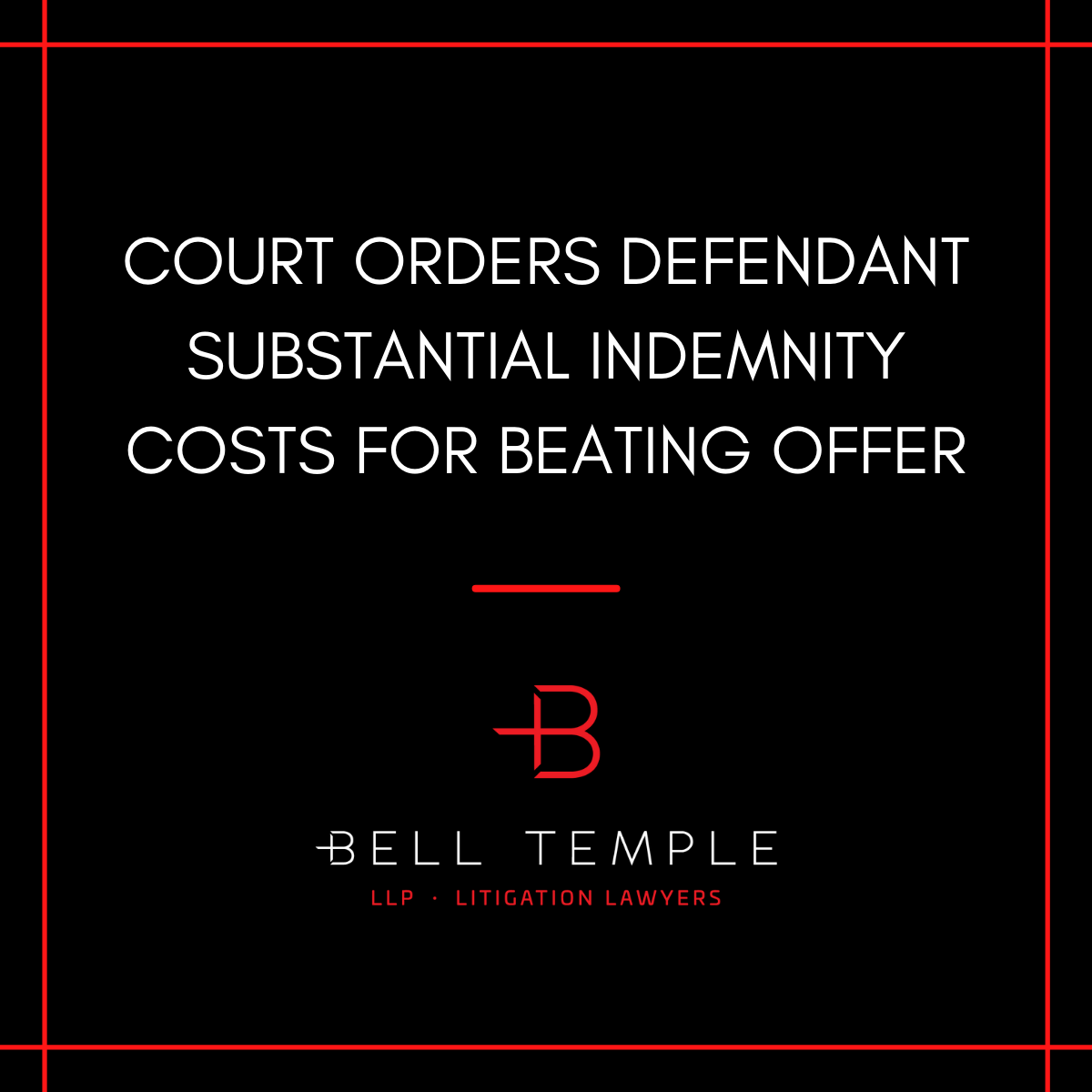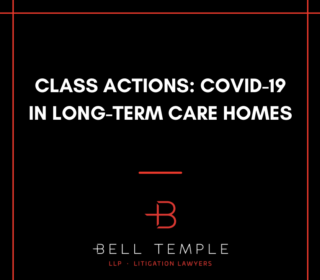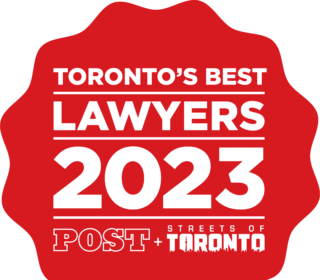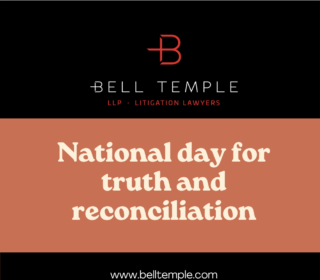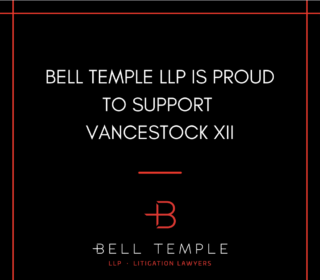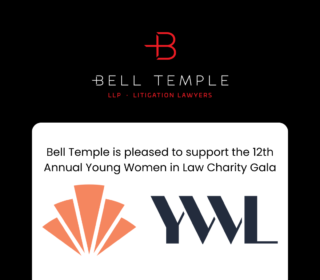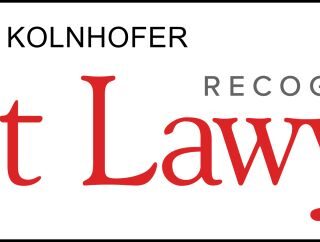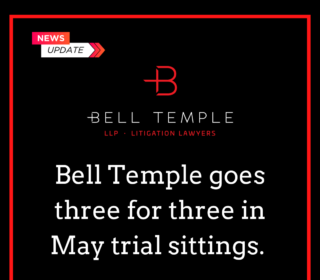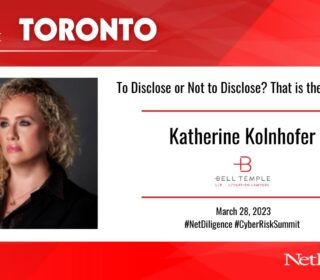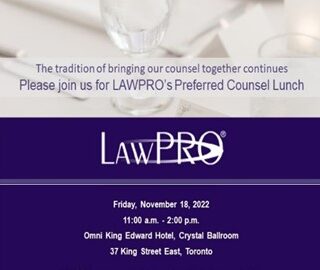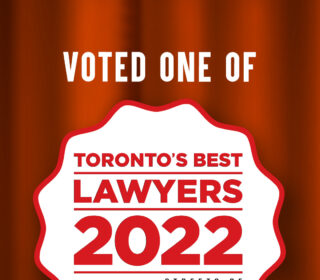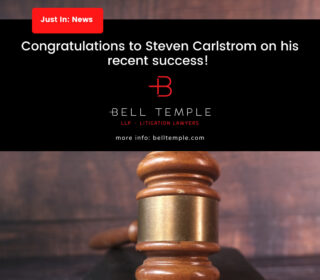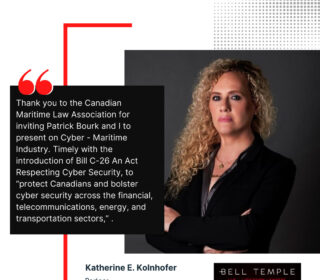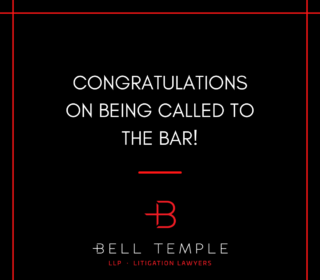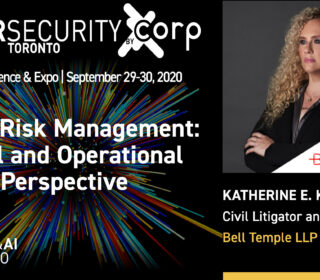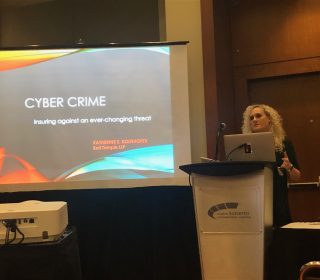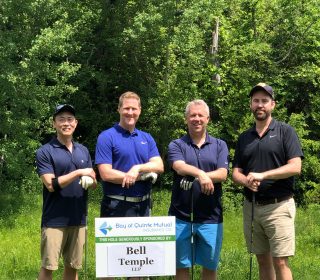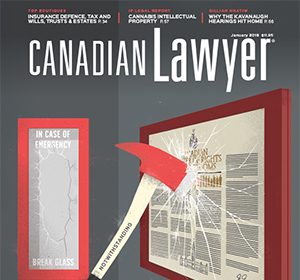CITATION:Grotz v. 1392275 Ontario Inc. o/a Hilton Garden Inn Toronto/Markham
2023 ONSC 4542
COURT FILE NO.: CV-14-120827
DATE: 20230808
SUPERIOR COURT OF JUSTICE – ONTARIO
RE: Brent Grotz, Plaintiff
AND:
1392275 Ontario Inc. o/a Hilton Garden Inn Toronto/Markham and Pileggi Landscaping Contracting Inc., Defendants
BEFORE: Justice C. Boswell
COUNSEL: George Siotas for the Plaintiff
Hugh H. Brown for the Defendants
HEARD: Cost Submissions in Writing
ENDORSEMENT ON COSTS
- Grotz slipped and fell on a small patch of ice in the parking lot area of the Hilton Garden Inn in Markham on March 22, 2013. He suffered a significant injury to his left knee which required surgery.
- Grotz sued the hotel and its winter maintenance contractor for damages for pain and suffering and lost income, amongst other things. The action was commenced on November 21, 2014. For reasons not entirely clear to me, the action did not reach the trial stage until the spring 2023 trial sittings.
- At any rate, the trial proceeded before a jury. The jury was asked to answer certain questions about liability and damages. On the issue of liability, the jury was asked whether each defendant had taken such care as in all the circumstances was reasonable to see that Mr. Grotz was reasonably safe while in the hotel’s parking lot on March 22, They answered affirmatively with respect to each defendant.
- In light of the jury’s decision on liability, defence counsel invited the court to enter a judgment dismissing the plaintiff’s claim. The request was not opposed, in the circumstances, and judgment was entered, on May 29, 2023, dismissing the
- I invited the parties to make written submissions on the issue of costs. They have done The following is my disposition of the costs issue.
The Governing Principles
- The court’s discretion to award costs is grounded in section 131 of the Courts of Justice Act, S.O. 1990 c. C.43 and is guided by Rule 57.01 of the Rules of Civil Procedure.
- Rule 57.01 lists a number of factors for the court to consider in the assessment of costs which include, but are not limited to the following:
- the result in the proceeding;
- any offer to settle;
- the complexity of the proceeding;
- the importance of the issues;
- the conduct of any party that tended to shorten or to lengthen unnecessarily the duration of the proceeding;
- whether any step in the proceeding was improper, vexatious or unnecessary or taken through negligence, mistake or excessive caution;
- the principle of indemnity; and,
- the concept of proportionality, which includes at least two factors:
- the amount claimed and the amount recovered in the proceeding; and,
- the amount of costs that an unsuccessful party could reasonably expect to pay in relation to the step in the proceeding for which costs are being
See Elbakhiet v. Palmer, 2014 ONCA 544.
- The weight to be applied to any of the enumerated, or other, factors in any given assessment may vary. It is, however, now well-settled that the overarching principles to be observed in the exercise of the court’s discretion to fix costs are fairness, proportionality and reasonableness: see Beaver v. Hill, 2018 ONCA 840; Boucher v. Public Accountants Council for the Province of Ontario (2004), 71 O.R. (3d) 291 (C.A.); and Moon v. Sher (2004), 246 D.L.R. (4th) 440 (C.A.).
- By convention, costs will be awarded to a successful party and will generally be measured on a partial indemnity basis: Bell Canada v. Olympia & York Developments Limited al. (1994), 17 O.R. (3d) 135 (C.A.). This general rule accords with common sense and serves a number of purposes, identified by Perrell J. in 394 Lakeshore Oakville Holdings Inc. v. Misek, [2010] O.J. No. 5692 (S.C.J.), at para. 10 including: (1) the indemnification, at least to some extent, of successful litigants; (2) the facilitation of access to justice; (3) the discouragement of frivolous positions and/or inappropriate behaviour; and (4) the encouragement of settlements.
- Appellate courts have directed that there are two circumstances in which elevated costs may be justified: (1) where they are triggered by the cost consequences of an offer to settle under Rule 10; and, (2) where the losing party has engaged in reprehensible, scandalous or outrageous conduct: see Davies v. Clarington (Municipality), 2009 ONCA 722, at para. 28.
The Positions of the Parties
- The defendants seek their costs on the basis that they were the successful parties at trial. They seek partial indemnity costs to November 10, 2022 and substantial indemnity costs The argument for an elevated scale of costs post-November 10, 2022 is grounded in the fact that the defendants made an offer to settle on that date, which they bettered at trial.
- The total sought by the defendants is $62,399.38, inclusive of fees, disbursements and
- The plaintiff does not dispute the defendants’ entitlement to costs, but characterizes the amount sought as excessive and unreasonable in the
- The plaintiff submits that the examinations for discovery were completed in under two days, there were no motions, only one expert witness, and the trial was brief, being completed in under five days.
- The plaintiff suggests that a reasonable award for costs in all the circumstances is in the range of $37,500 to $42,500, all-inclusive.
Discussion
- There is no dispute between the parties that the defendants are entitled to their costs. The dispute is about the quantum.
- Part of the assessment of the quantum to be awarded is related to the scale of costs the defendants are entitled to. They are certainly entitled to an assessment on a partial indemnity In my view, they are entitled to an assessment on a substantial indemnity scale after November 10, 2022.
- The Rules of Civil Procedure provide for the award of elevated costs in certain circumstances where offers to settle are rejected and then beaten by the offeror.
- Rule 10(2) provides in particular:
- Where an offer to settle,
- is made by a defendant at least seven days before the commencement of the hearing;
- is not withdrawn and does not expire before the commencement of the hearing; and
- is not accepted by the plaintiff,
and the plaintiff obtains a judgment as favourable as or less favourable than the terms of the offer to settle, the plaintiff is entitled to partial indemnity costs to the date the offer was served and the defendant is entitled to partial indemnity costs from that date, unless the court orders otherwise.
- Noticeably absent from the wording of r. 49(10)(2) is any reference to a costs award where the defendant makes an offer that is not accepted and the plaintiff subsequently fails to obtain a judgment in its favour.
- The Court of Appeal confirmed, in S & A Strasser Ltd. v. Richmond Hill (Town), (1990), 1 O.R. (3d) 243, that r. 49(10)(2) does not address the situation where the plaintiff’s claim is It only applies where the plaintiff has had some success, but less than an offer made by a defendant. They held that the court retains a discretion, however, to award elevated costs having regard to the factors enumerated in r. 57.01(1).
- I note that r. 49.13 also permits the court take into account any offer to settle made in writing when exercising its discretion with respect to costs.
- The decision in Strasser has remained good law for 30 Its correct interpretation of
- 49(10)(2) was recently confirmed by the Court of Appeal in Oz Merchandising Inc. v. Canadian Professional Soccer League, 2021 ONCA 520.
- Had the plaintiff made an offer to settle and bested it at trial, he would have been presumptively entitled to elevated costs from and after the date of the offer, in accordance with
49.10. The Rules do not establish a presumption of elevated costs in favour of a defendant in similar circumstances, even when the plaintiff’s claim is entirely dismissed.
- Having said that, there is no principled reason, in my view, to deny a defendant elevated costs where it has made a meaningful offer to settle in accordance with r. 49, where that offer has been rejected and where the plaintiff’s claim is dismissed at trial. The same principles that support elevated costs in favour of a plaintiff are in In particular, the elevated cost consequences are, in large part, meant to promote resolution, through the rewarding of the maker of a reasonable offer and the punishment of a party who fails to take such an offer seriously.
- Here, the offer made on November 10, 2022 was relatively modest: the payment of $5,000 by the defendants plus the plaintiff’s assessable costs and disbursements up to the making of the offer. Nevertheless, it was, in my view, a meaningful offer of resolution. Indeed, in hindsight, it was more than a fair estimation of the value of the case.
- In all the circumstances, I find that the defendants are entitled to their partial indemnity costs to November 10, 2022 and their substantial indemnity costs incurred thereafter. The Bill of Costs filed by the defendants breaks down those costs in a detailed way both before and after the Offer to Settle was made.
- I note that I am unable to determine how the figure of $62,399.38 was arrived at. The defendants’ Bill of Costs reflects partial indemnity costs to, presumably, November 10, 2022 and thereafter reflects substantial indemnity costs. The total fees incurred, assessed at those levels, appears to me to be $50,628.15. HST of $6,581.66 is payable on that amount and disbursements are claimed at $3,635.76. The total, according to the Bill of Costs, is $60,845.57.
- At any rate, having regard to the factors enumerated in r. 57.01, I would make the following observations:
- The action was of modest complexity. It was a relatively straightforward slip and fall case. It was made slightly more complex because it was a jury trial, which required an attendance for jury selection, as well as a pre-charge conference regarding the instructions to be provided to the jury. These steps would not have been involved in a judge alone trial;
- The action was of significant importance to the parties. From the plaintiff’s perspective, he suffered a significant and painful injury, which he believed occurred due to the negligence of the defendants. From the defendants’ viewpoint, they had taken meaningful steps to adhere to a reasonable system of maintenance and it was important to them that their efforts be vindicated – that their system of maintenance be vindicated – not just for this case, but in going forward;
- The claim involved a significant amount of Mr. Grotz sued for $1 million. To be fair, by the time the case was put to the jury, the plaintiff’s claim had been pared back and he was seeking significantly less. But the reduction in damages sought was, at least to some extent, a late-breaking event;
- The rates charged and the time spent by defence counsel appear entirely appropriate in my view; and,
- In the overall context of litigating in Ontario in the 2020s, I consider the amount sought to be proportionate, in the sense that the fees are in keeping with what a party ought reasonably expect to receive if successful and what a party ought reasonably expect to pay if unsuccessful.
- The actual fees sought by the defendants are roughly $50,000 for a five-day jury trial. They include pleadings, discovery – both documentary and oral, mediation, a pre-trial conference, trial preparation and attendance at trial. The fees strike me, in fact, as relatively modest by today’s standards and, in my view, are entirely consistent with what a losing party ought reasonably to expect to pay in costs in the circumstances. In my view, the amount sought by the defendants, adjusted to $60,845.57, is fair and reasonable in all the circumstances and it is the amount I award to the defendants.
Date: August 8, 2023
